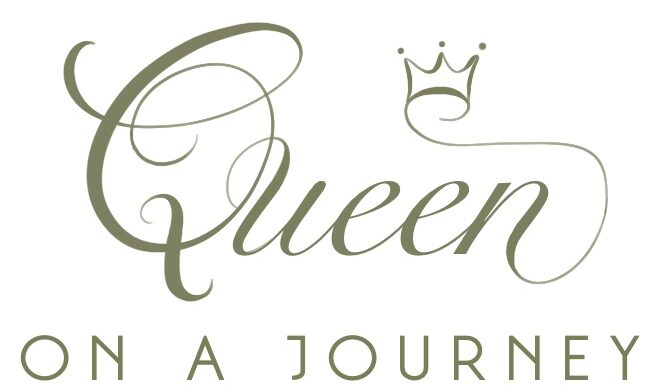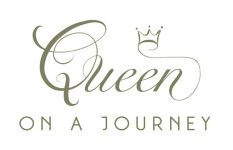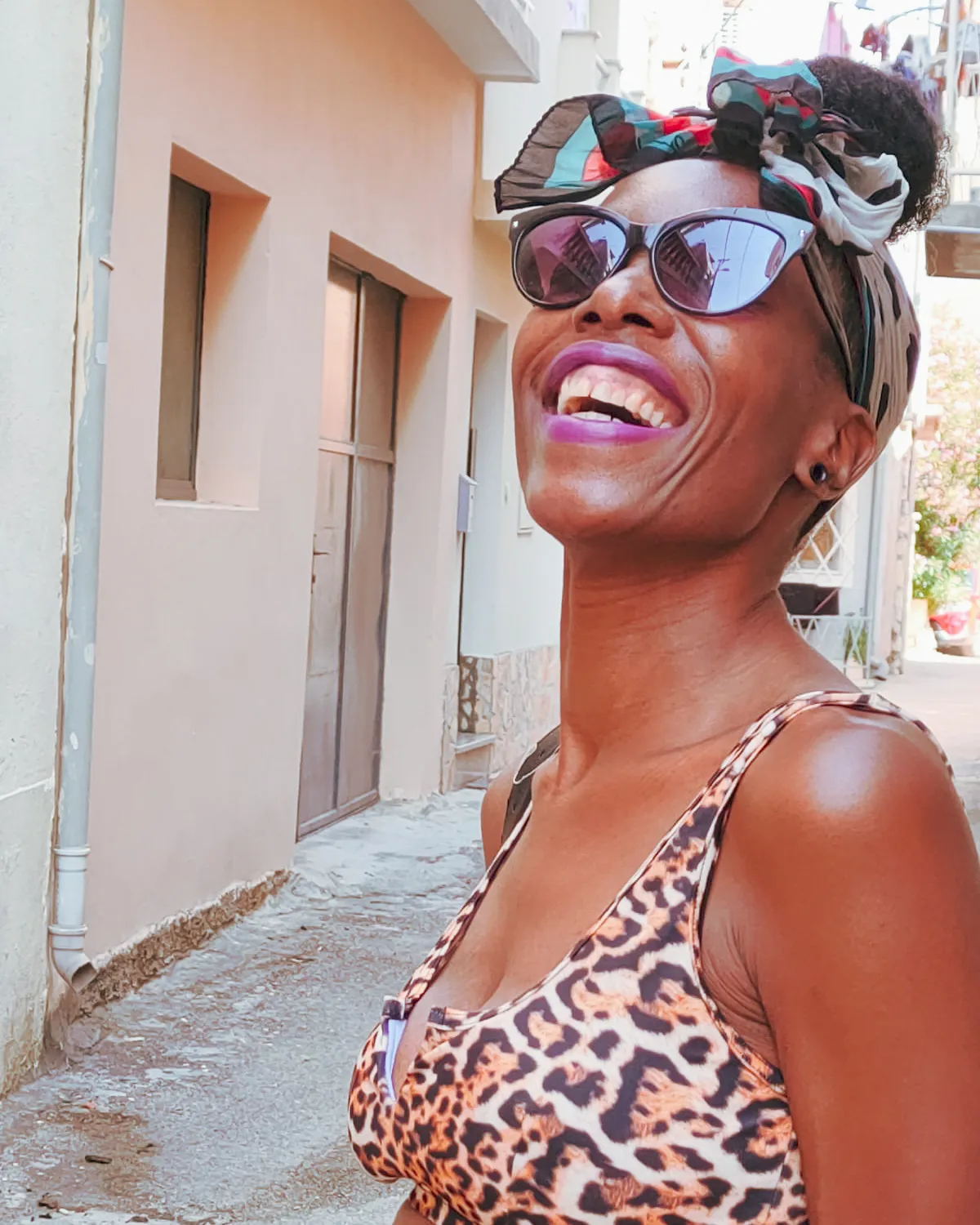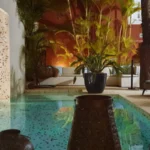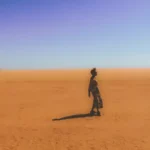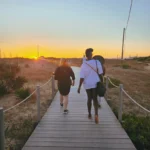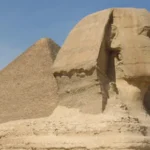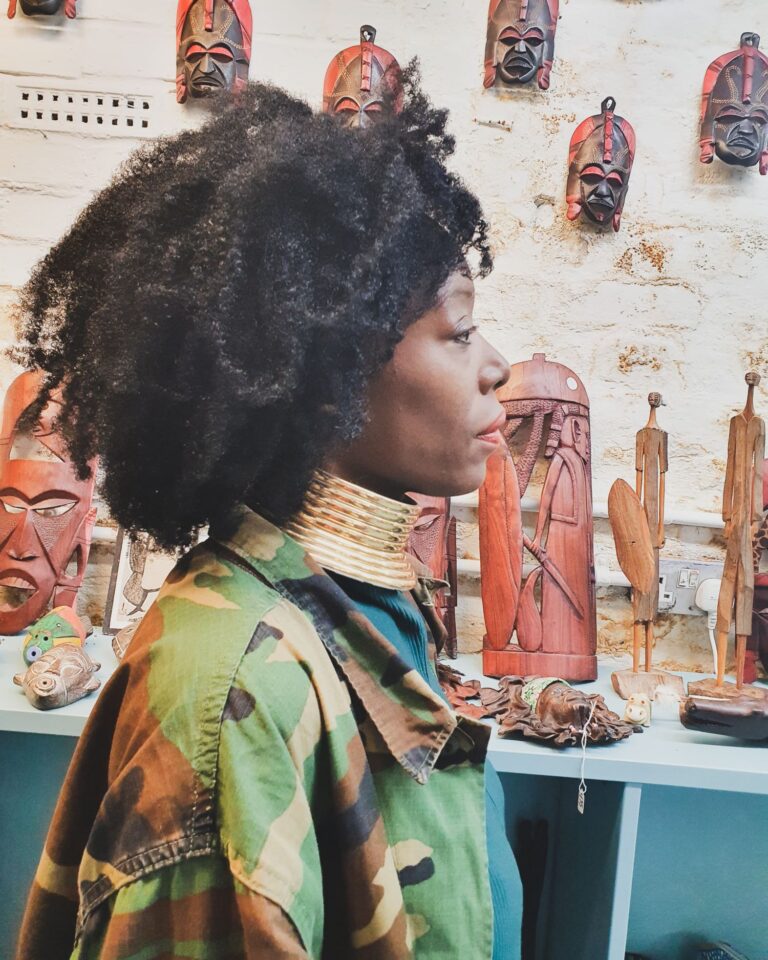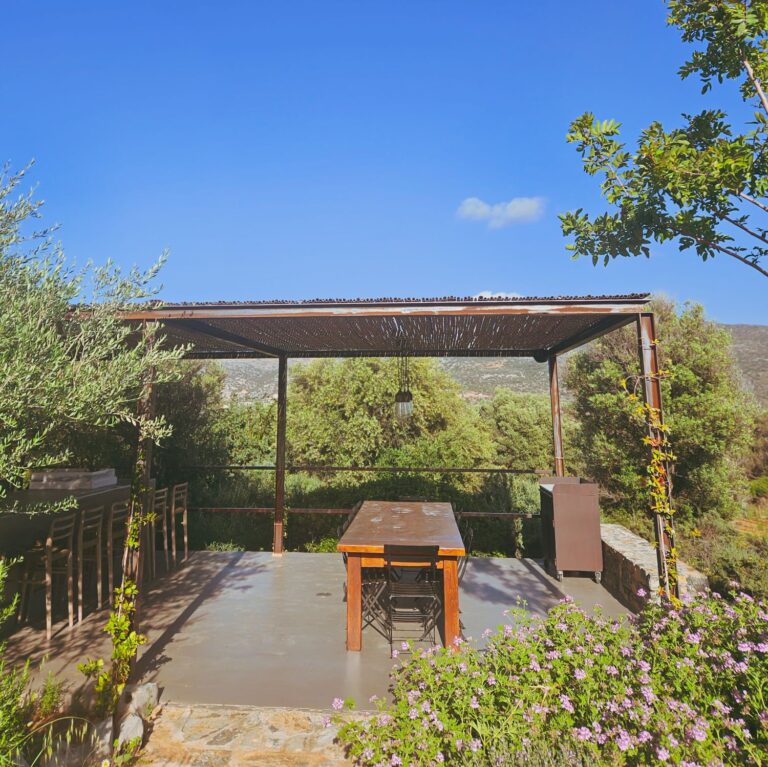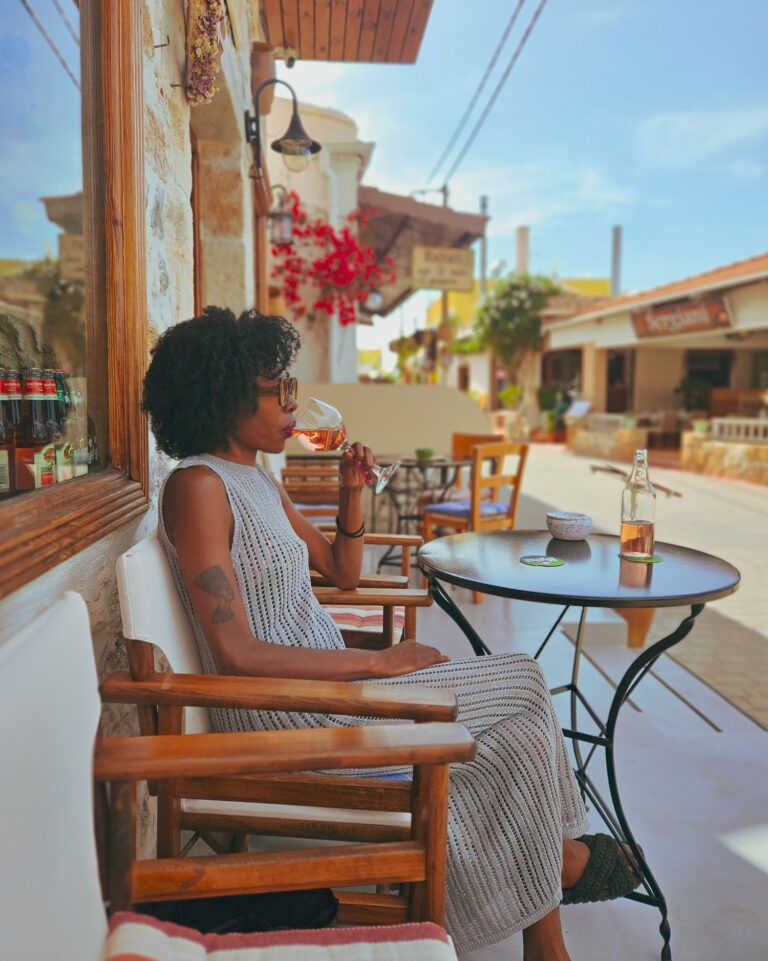In 2025, should how our hair grows out of our head still be a hot topic, and are shows like Afro Hair & Beauty Live still important?
Afro Hair & Beauty Live takes place yearly on the last Bank Holiday weekend in May. It runs for two days and guests can discover new hair and beauty launches from UK and global exhibitors. You can get expert tips at free seminars and workshops, network with inspiring black entrepreneurs, and indulge in wellness treatments and beauty pampering from award-winning hairdressers and beauticians.
How long has it been running?
Afro Hair & Beauty LIVE has been running since 1982, making it one of the longest-standing events of its kind in the UK. The inaugural show launched at the Grosvenor House Hotel in London, starting as a trade exhibition bringing education and new products to the emerging black salon businesses.
Over the years, it has grown into Europe’s largest hair, beauty, and lifestyle event dedicated to black and mixed heritage women.
Each year in the last Bank Holiday in May, the Business Design Centre in Islington, London, comes alive with hair brands, makeovers, fashion shows, barber competitions, workshops, black-owned businesses and more.
Though Afro Hair & Beauty Live has been about since the 80s, I didn’t hear about it until about 14 ago. However, due to living outside of the UK, this year was only my second time attending.
Also, I admit that for many years since my return to the UK, I didn’t attend. Mainly because I didn’t think I needed to. I had already got through the toughest stages of regrowing my crown, having done a big chop (or shave) over 20 years ago.
When I shaved my hair, it was not as popular to be rocking your natural. Far fewer products were on the market, and what there was wasn’t readily available. Therefore, I didn’t think there was anything Afro Hair & Beauty Live could do for me, given I had done the hardest part alone.
The first time I went last year, my attitude changed as I realised my perspective was wrong. Just because I felt I was alright and had forgotten the struggles at the start, it doesn’t mean it’s not beneficial to others who may be early in their natural hair journey. Not to mention how important representation is for children.
Afro Hair & Beauty Live not only showcases known brands such as Camille Rose and Talijah Wahid but also gives upcoming entrepreneurs in the natural hair game a platform.
There are also other black-owned businesses in fashion, beauty and more. It also offers braiding workshops, and I even got a free haircut last year just from buying two products.
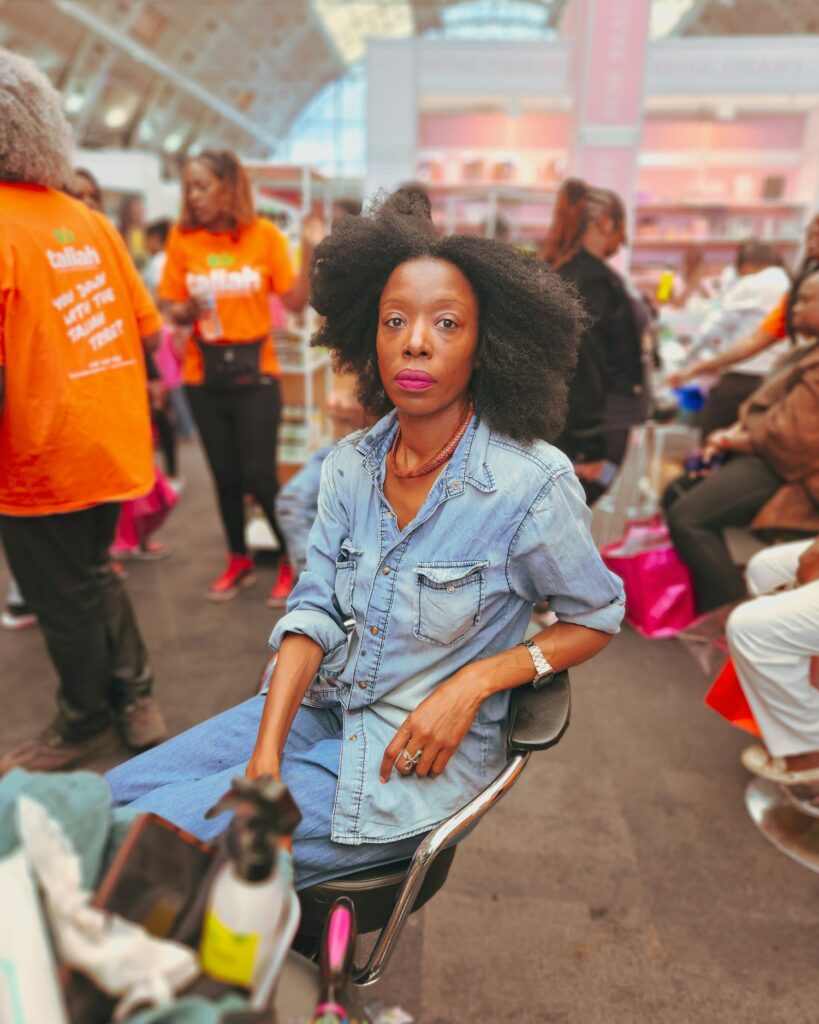
Is it worth it?
A couple of comments when I posted a video on TikTok made me think, hence the post. One person commented that they felt the show should have evolved by now, and another agreed and said they had stopped going.
Everyone is entitled to their opinion, and they may well be right. They could have gone for years and seen no change. I’ve only been going for two. That said, I think if we don’t support it, that will be the end of it.
Some may indeed have been attending over the years and, having moved on in their hair care journey, feel it’s no longer for them. However, I now believe there’s always something to learn, and as early bird tickets cost £10 and I’m all for supporting our economy, community, black business and the concept, I don’t feel there’s anything to lose.
Last year, I got a free haircut for buying a couple of products and plenty of testers to try out new products. This year, I blew my budget by buying great things from black businesses.
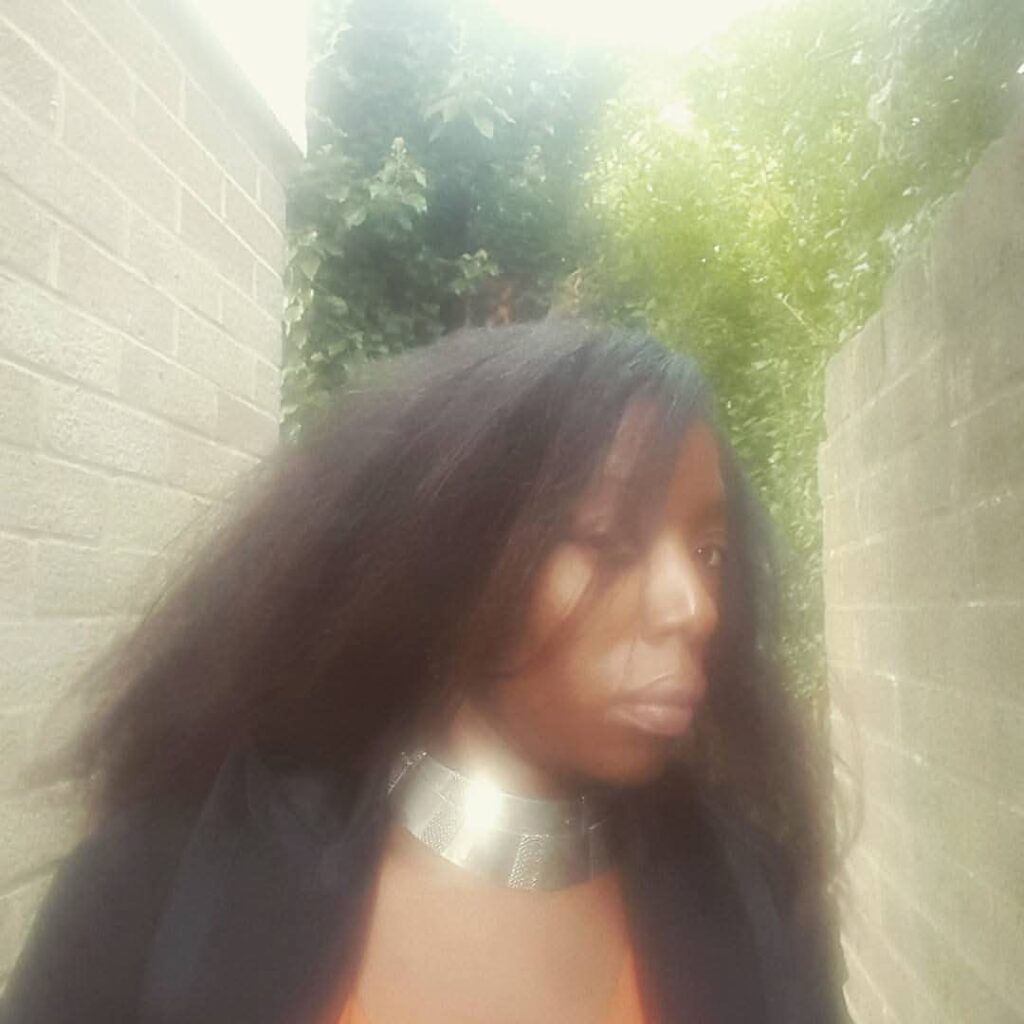
Natural hair in the corporate world
The education around natural hair is beneficial for all. As I’m writing this, I’ve just viewed on Instagram an incident where Judge Milian (court TV) dismissed a case because she didn’t believe the black woman’s hair could shrink 9 inches. The judge’s level of ignorance was unreal, and how wrong and strong she was highlights how our beauty reality is still met by white standards.
Commentary such as this highlights not only the importance of representation in all forms but how misconceptions such as these can negatively impact black women in their day-to-day.
The way our hair grows out of our head is still a hot topic, and though I have come to accept that my hair is what it is and it does what it does, others haven’t. With this in mind, I still have to think about how to wear my hair at interviews.
There are still far too many recent incidents on the local news where children were expelled or suspended from school because of their hair – dreadlocks, plaits or otherwise. Furthermore, there was also an incident at the Ritz in relation to an out-of-date grooming policy that stated “Afro-style” hair was banned among staff at the exclusive London hotel.
The applicant had reached the final interview stage with the hotel when he received its employee grooming policy.
Schools and workplaces need to do more to address hair-based discrimination, which covers a range from describing someone’s hair as exotic to banning particular hairstyles.
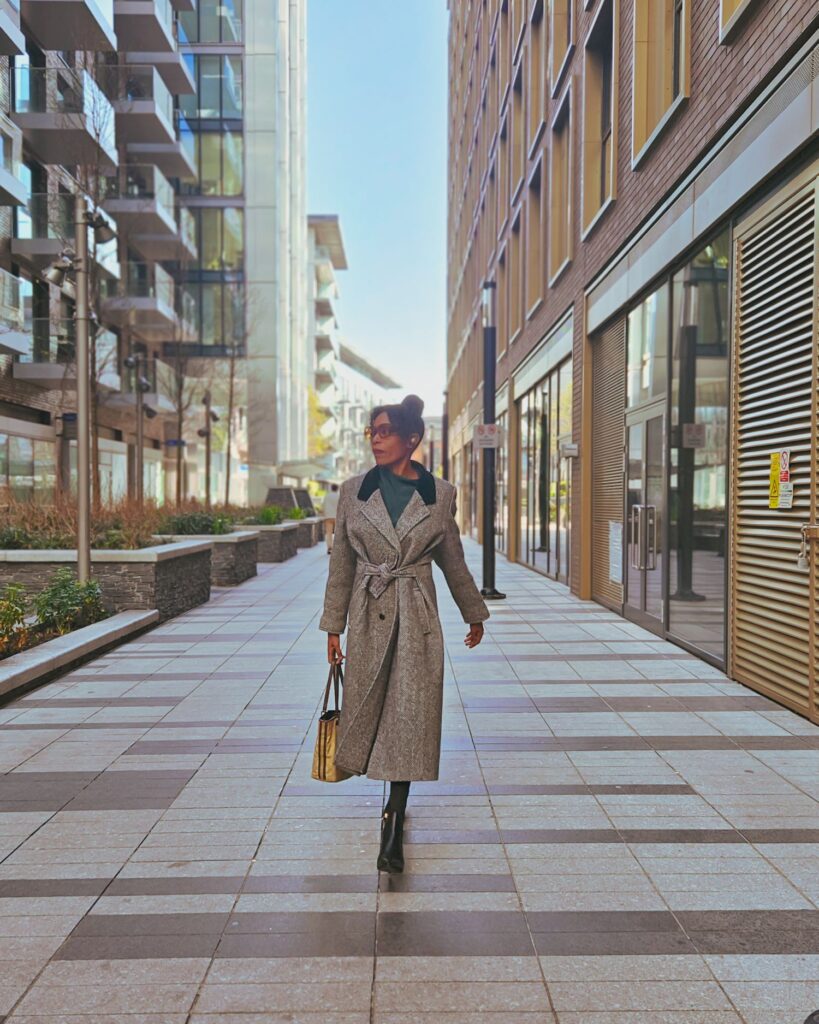
It shouldn’t need stating, and it shouldn’t be a thing, but it is. A law firm I contracted at recently addressed it in their workplace conduct policy as follows:
“The firm strictly prohibits and does not tolerate harassment against employees or any other covered persons (such as applicants for employment, contractors, vendors, interns, clients and visitors) because of a person’s:
Race (including traits historically associated with race, such as hair texture and protective hairstyles like braids, locks, and twists), colour ethnicity, national origin or citizenship.”
Though a policy isn’t foolproof, I was pleasantly surprised to see it with specific wording relating to hair texture, locks and protective hairstyles.
As if interviews aren’t stressful enough, I also have the added pressure of factoring in my hair. I don’t wear weaves or straighten my hair, and I show up naturally.
I have been refused positions because of being “untidy” way back when I was too green to do anything about it.
I was temping at a popular global auction house in my early 20s when I moved to London in the 90s. I had long, relaxed hair while temping in their tax department. They loved my work and wanted to invite me for an informal interview for a permanent position.
I was told by my recruitment consultant that the job was in the bag, but it was just an informal chat.
I cut my hair off over the weekend before the interview and was now rocking a mini texturized afro. I could see the shock when the same guy who wanted me to work there came in and saw me. He suddenly seemed uncomfortable and asked how I would feel being one of the only black people working there.
The question surprised me as it bothered neither of us before. Anyway, after the interview, I got a call from the recruitment consultant, basically telling me that I was “untidy” and to make more of an effort next time. The only difference was my hair.
I’ve also witnessed the shock when the interviewer walked in to see that Reyna Jones is a black woman with big natural hair. I wore my hair out on this day, and I could see the look of horror on her face. I don’t know if the horror was at my hair, skin or both.
I feel that when worn in its natural state, our hair is often viewed as a political statement that makes those, even those in the highest positions in corporate, unnerved.
It’s not that our hair’s a political statement, but loving yourself is a strong stance. It’s much more compelling than rocking a weave. Yet many women feel pressure to conform to this look in order to succeed in the corporate space.
Success is subjective. How successful do you feel not being true to who you are?
Success to me will be taking up space in these places, showing up as your true authentic self, and making it regardless.
The corporate world often feels like a double battle because even those black women rocking the long weaves are surprised when their sister rocks up authentically and can also feel uncomfortable.
For centuries, Black hair has been the target of discrimination and Eurocentric beauty standards that have often labelled natural textures as “unprofessional” or “unruly.” As a result, many black people felt pressure to straighten or chemically alter their hair to “fit in” or be accepted.
The corporate world is not always easy, but I stay true to myself and have received the best results. That being the highest and most powerful version of me, myself and I.
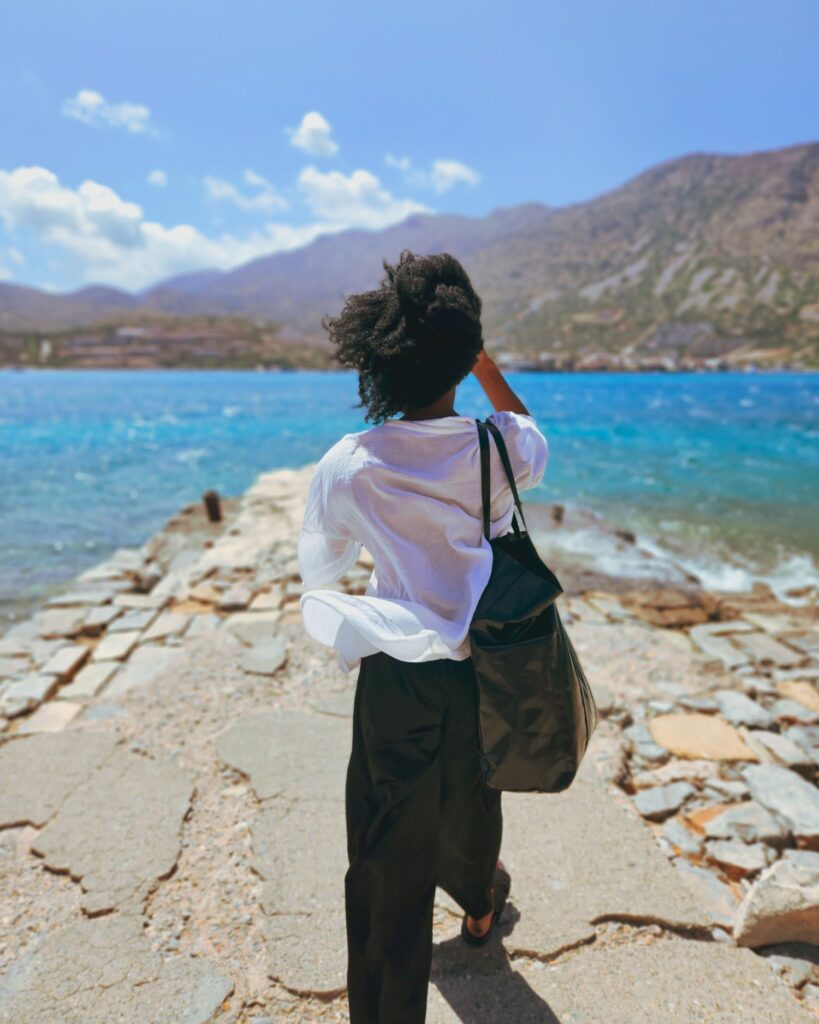
Hairstory
As many of us know, there’s a lot of history behind our hair. Enslaved black women braided maps and escape routes into their hair to help guide them to freedom. Headwraps have been of great cultural significance for aeons in Africa but were used to dehumanise and make us less attractive during the period of American slavery when many black women were forced or legally required to cover their hair.
One significant example is the Tignon Laws in Louisiana, which were enacted in 1786 by Governor Esteban Miró. These laws mandated that black women, including free women of colour, wear a tignon—a headscarf or wrap—to cover their hair in public. This was partly done to reinforce social hierarchies and distinguish black women from white women, as well as to limit their perceived attractiveness and status.
In other parts of the United States, while there may not have been explicit legal mandates like the Tignon Laws, black women were often coerced by slave owners to wear head coverings as part of controlling and dehumanising them. Head coverings were also practical for labour in the fields and kitchens, serving to protect their hair from harsh conditions.
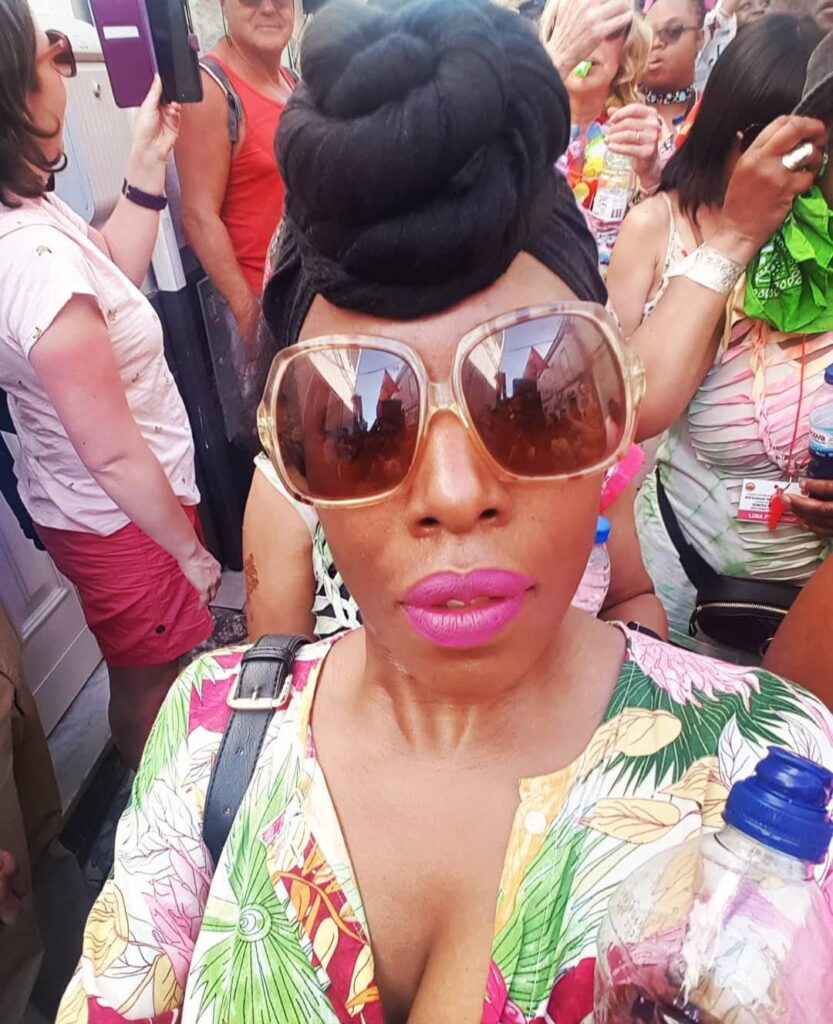
Being alchemists, we turned our pain into power and slayed regardless. Black women often subverted these laws and practices by using their headwraps as forms of resistance and self-expression, incorporating vibrant colours and intricate wrapping styles to assert their dignity and creativity despite the oppressive circumstances, and we still do so today.
Starting prominently in the 1960s and resurging in the 2000s, the natural hair movement is about rejecting these oppressive standards and embracing natural textures—afros, dreadlocks, twists, braids, and more.
It’s not surprising, really, that the naturalista sista’s love of self is perceived as a radical act. We have been taught for so long not to love ourselves that doing so is viewed not as a fashion choice but an act of political resistance and self-love.
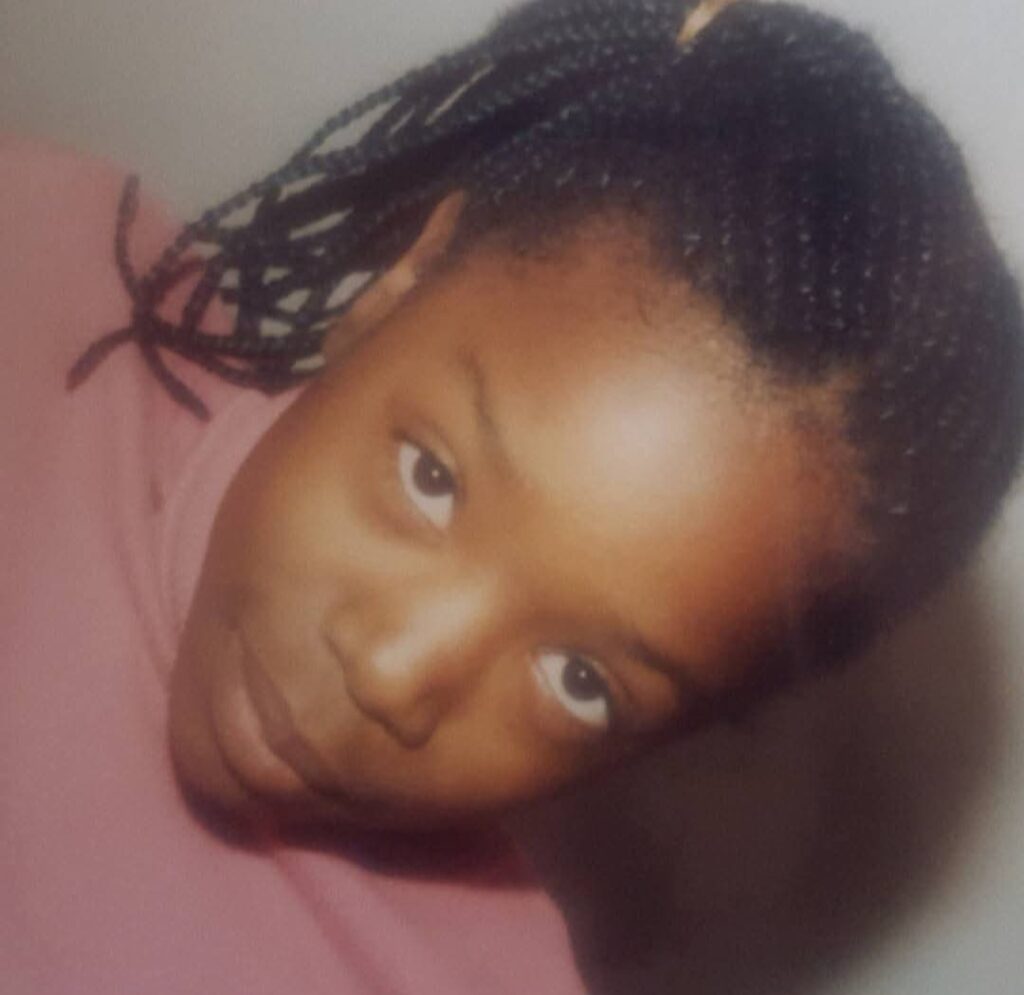
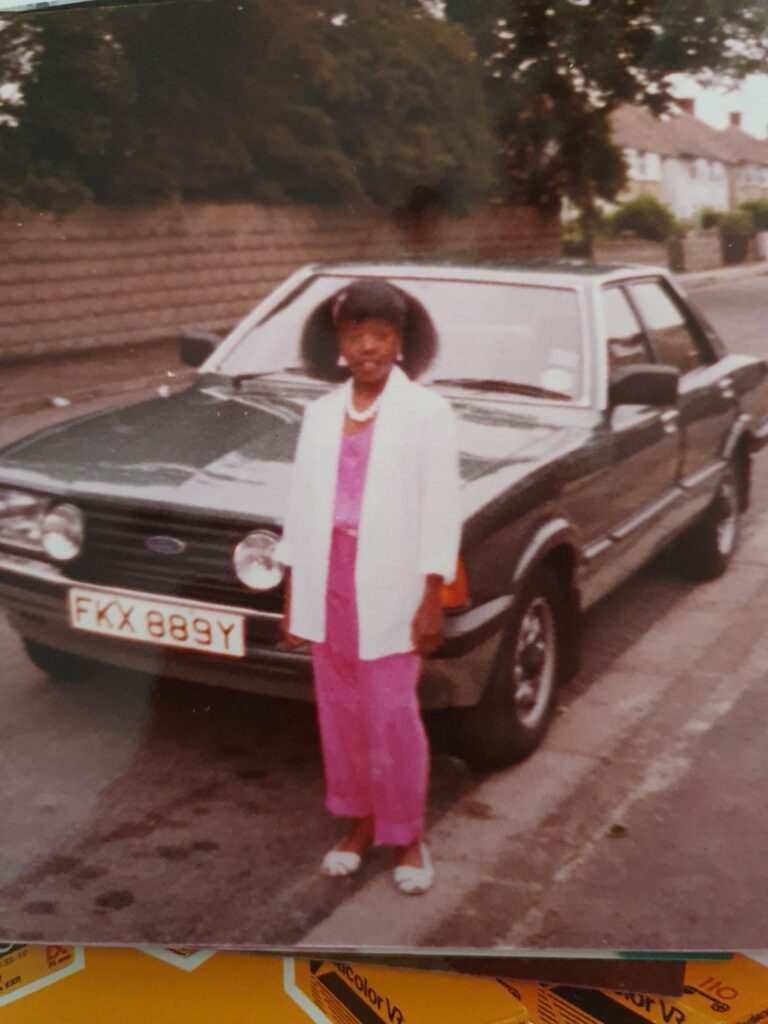
My story
As a child, my aunties would plait my hair with and without extensions. I grew up in a time of curly perms, which most of my cousins had, but I was not allowed (thanks, Mum. I’m now grateful). However, when I turned 13 and was going to secondary school, I begged my mum for what was the next phase – a relaxer. Most girls and women had it – it was the trend, and I wanted my entry to big school to be with “big girl hair”.
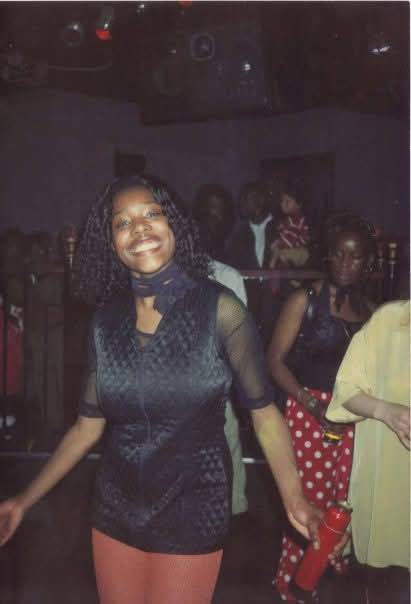
I had a relaxer until my early 20s when I cut and texturized (semi-relaxed) my hair. I then relaxed my hair again until my mid to late 20s, when I shaved it off after reading Breaking the Chains of Psychological Slavery – highly recommended – life-changing.
I rocked a bald head for about six years. Then, when my cousin asked me to be a bridesmaid at her wedding, I decided to grow it for a different style on the big day.
At this point, the insecurities started to kick in about how I looked. I felt unattractive at the in-between stages of hair growth. It was my first time dealing with my natural hair as an adult and by myself, and I didn’t know what to do. Dax, Blue Magic and Pink Moisturizer weren’t going to save me – lol!
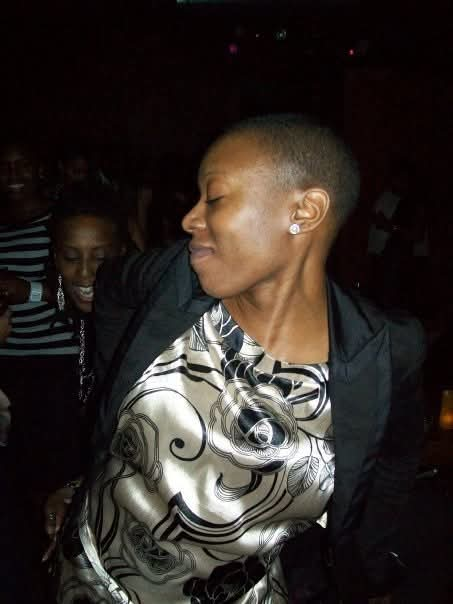
The products put in my natural hair as a child were garbage. Finding what worked was a struggle, especially as there were fewer products, support and advice than today. In addition, even some friends and family mocked me and asked me what I was doing with my hair.
I lived in Jamaica for most of my hair growth stage from bald to long hair and was working from home, so I had plenty of time to experiment (the water was also softer – it makes a difference).
If I’m honest, I would have struggled going into the office every day so early in the journey while trying to find what works. Looking back, it helped that I was pretty isolated while trying to work it out.
It was about more than my hair – I had to learn to love the person I saw in the mirror. I wish I nurtured her more then and done more with my hair at the time. I miss my short hair.
The funny thing is, it’s easy to forget this part of the journey and, therefore, forget why shows such as Natural Hair & Beauty Live are necessary.
While living in Jamaica, I spent a lot of time on YouTube channels before it became the hype it is today. When naturals such as Tiffany, the very popular Naptural45, was in the nebulous stage of making the empire she has today.
I don’t know what I would have done without Youtubers such as her and many others at the time, and had I been living in the UK, a network would have helped even more on my journey to empowerment, owning my confidence, and embracing my uniqueness.
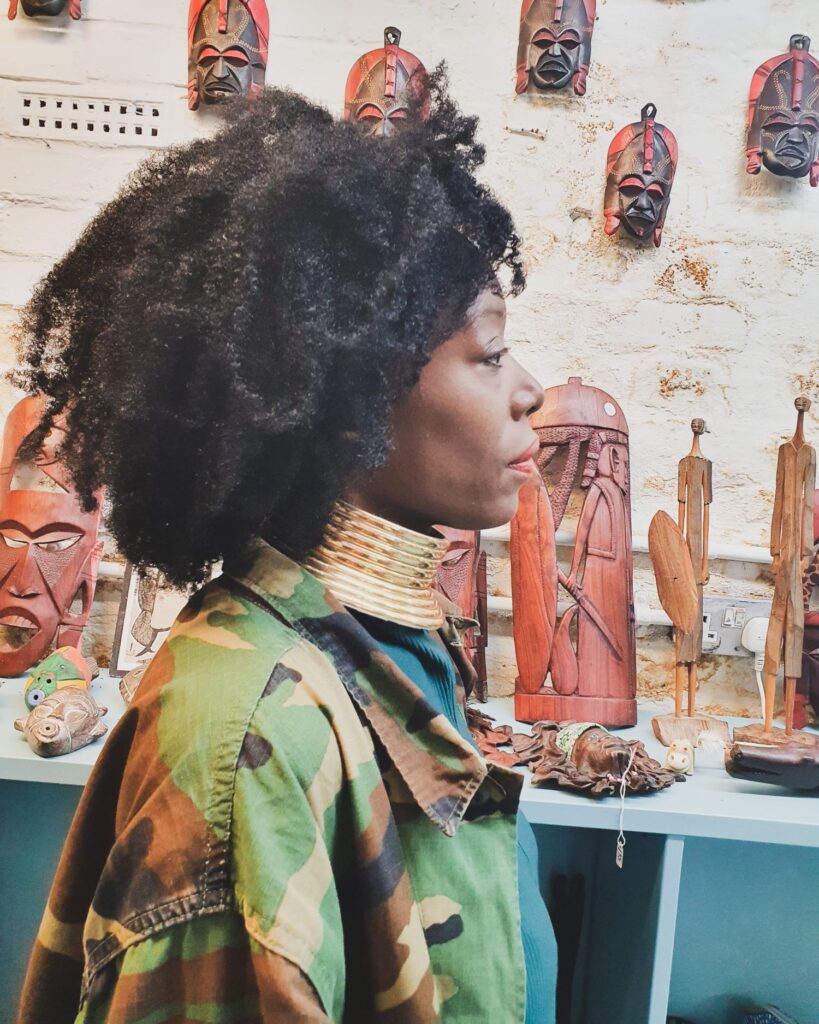
Journey to self-love
The natural hair journey is a beautiful journey to self-love (the lack of which was evident from my previous relationships). I’ve gone from nothing to something – and the growth has been more than hair. It’s also about:
Reclaiming Identity: Wearing your natural hair can be a way of affirming your black identity and cultural heritage.
Healing Generational Trauma: Many black women (and men) have been taught to see their hair as something to be “fixed.” Embracing natural hair is a journey of unlearning shame and embracing authenticity.
Breaking Barriers: Choosing to wear natural hair in workplaces, schools, or public life challenges racist standards and affirms that black beauty is valid and worthy of celebration.
Though the ladies may have a point that Natural Hair & Beauty Live should have evolved by now, I hope that with our support, it will do so.
If I had seen more black women confidently owning all of themselves in their natural state, it would have inspired me if it had been the norm. However, until it is, shows such as Afro Hair & Beauty Live are needed, especially for kids at such an influential age.
For many, the journey to loving their natural hair is a journey to self-love. It’s about looking in the mirror and seeing beauty exactly as it is—no apology, no shame.
Afro hair represents the person it sprouts from – strong, resilient, versatile and capable of amazing things. It’s your crown – you are the jewel in it – own it.
